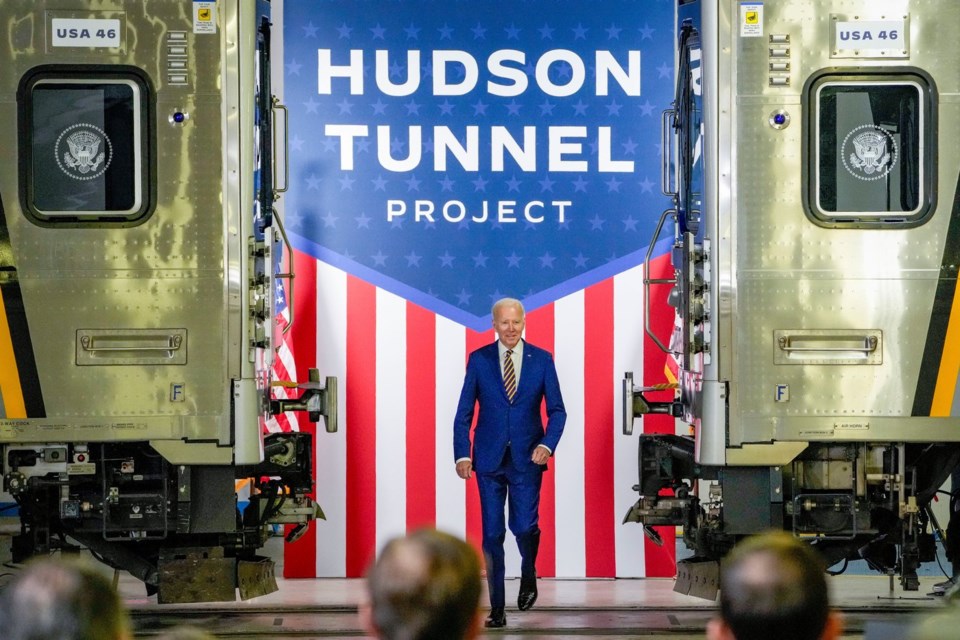WASHINGTON — The Trump administration announced Wednesday that it is freezing roughly $18 billion in federal funding earmarked for two of New York City’s most ambitious infrastructure undertakings — the long-delayed Hudson River rail tunnel and the expansion of the Second Avenue subway line.
The White House said the decision stems from the ongoing government shutdown and concerns that federal dollars were being allocated under what officials described as “unconstitutional diversity, equity, and inclusion principles.” White House budget director Russ Vought confirmed the freeze in a post on X, while the U.S. Department of Transportation added that furloughs forced by the shutdown had stalled its review of the projects.
“This is another unfortunate casualty of radical Democrats’ reckless decision to hold the federal government hostage to give illegal immigrants benefits,” the Transportation Department said in a statement, underscoring the political tensions driving the move.
The projects had been strongly backed by Senate Democratic leader Chuck Schumer, who, alongside then-President Joe Biden, championed the Hudson Tunnel Project as essential to the nation’s transportation backbone. Schumer once recalled that he and Biden were “giddy” over the tunnel’s progress during a visit in 2023.
New York Governor Kathy Hochul expressed deep frustration during a news conference, calling the development another blow to New Yorkers already weary of the shutdown. “The bad news just keeps coming,” she said. “They’re trying to make culture wars be the reason why. We’ve done our part, we’re ready to build, and now Washington is putting ideology ahead of the needs of our state and our nation.”
The Hudson River rail tunnel project, designed to replace and relieve strain on the century-old Amtrak tunnel between New York and New Jersey, is seen as vital for the entire Northeast Corridor, which connects Boston and Washington and serves hundreds of thousands of daily passengers. Meanwhile, the Second Avenue subway expansion — first conceived in the 1920s and only partially realized in 2017 — remains a crucial project for easing congestion and improving access to East Harlem.
Both projects, decades in the making, now face further uncertainty as the funding freeze collides with political gridlock in Washington.

